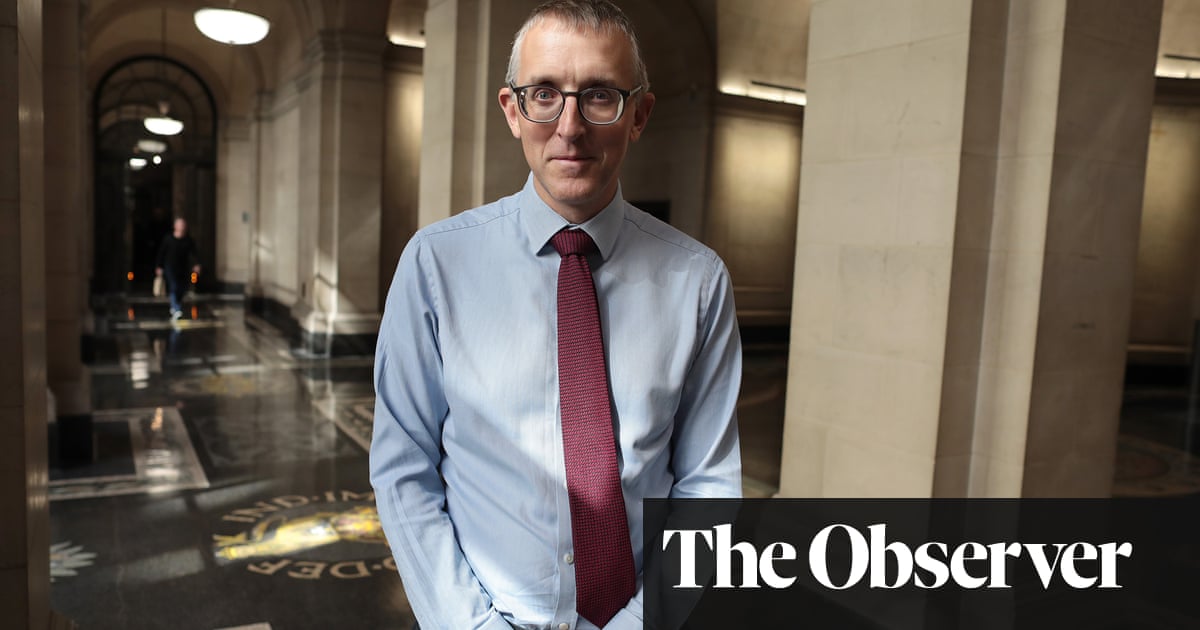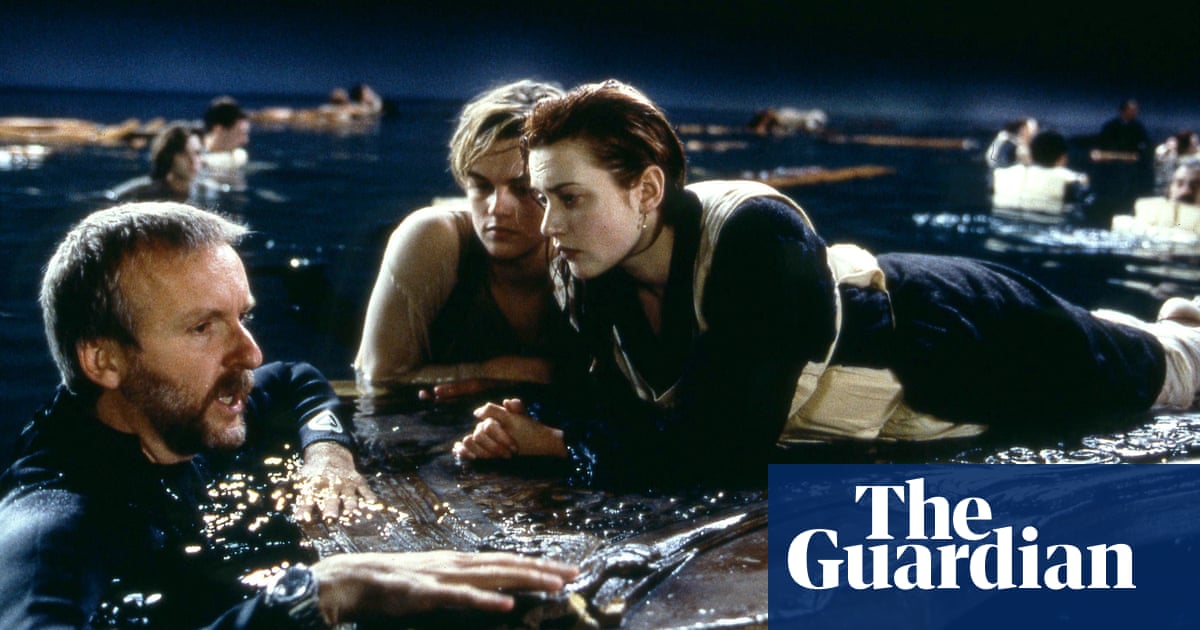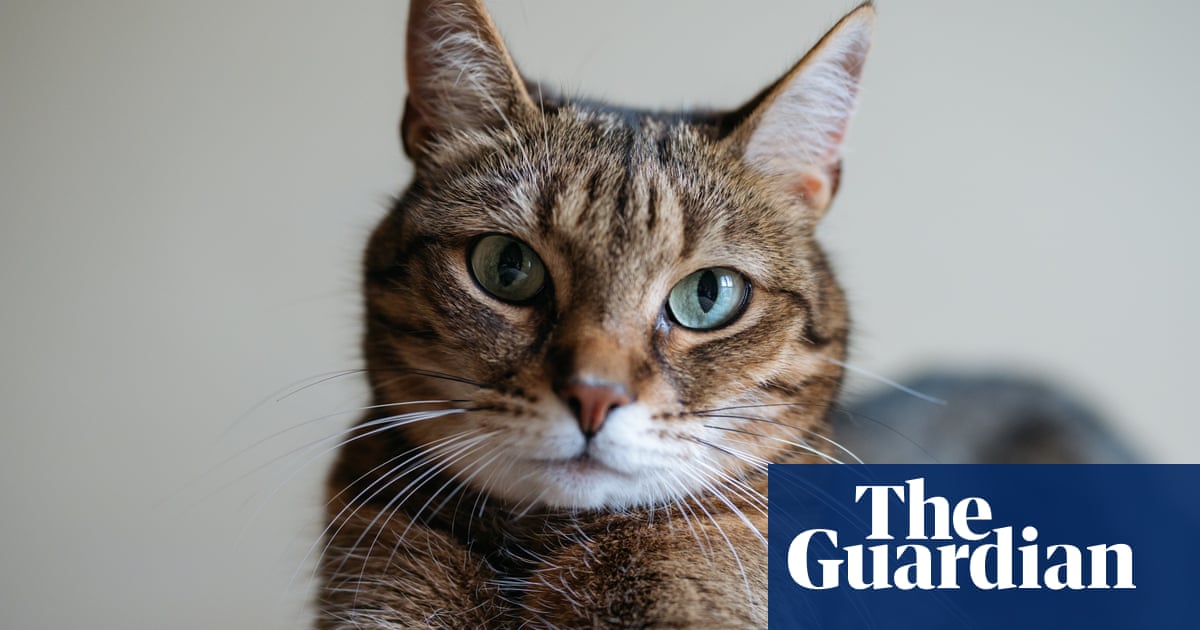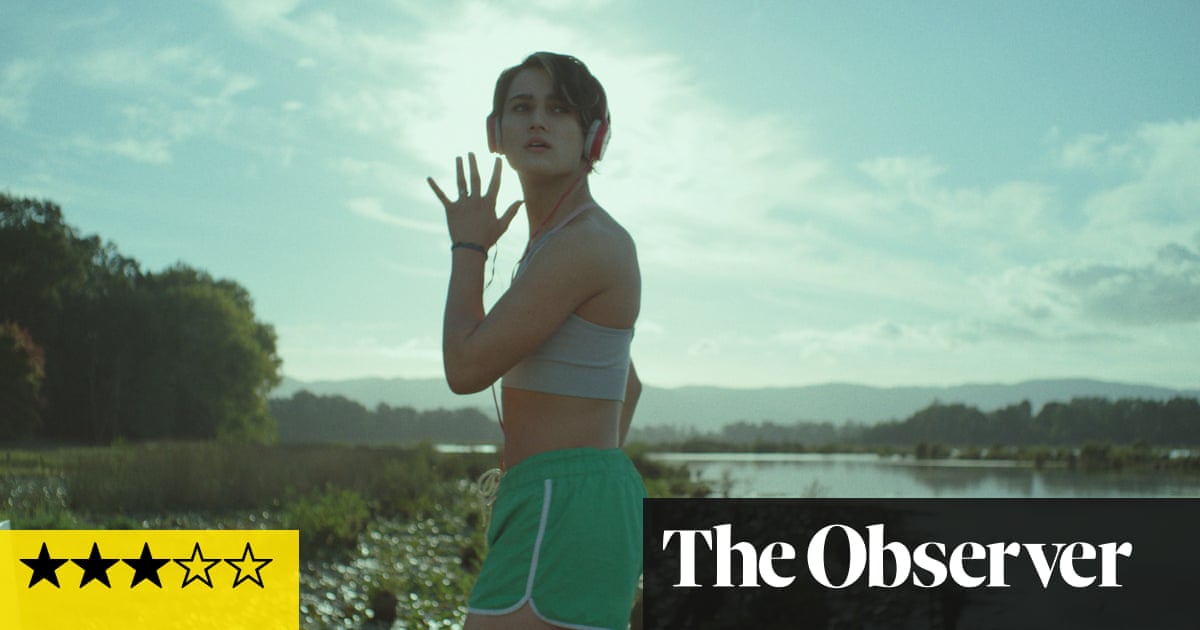
uilding your artistic life around duetting with a rare bird that only sings at night for six weeks each year might seem a quixotic quest. But for Sam Lee, folk singer, song collector and environmental activist who has now written his first book, singing with nightingales is, like folksong, “a language of connectedness and enchantment”.
This spring sees the publication of Lee’s book, The Nightingale, alongside a daunting schedule of concerts where the singer dives into the spinneys of England with guest musicians and a small audience to collaborate with the most celebrated of British birds. “I’m there as the agent for the nightingale, to bring people to his thickets to pay our respects,” says Lee from his home in London. “It’s a journey into how to immerse into nature and be outside in the night-time, which doesn’t happen enough in our lives. And it’s a way of actively putting out gratitude for what we have and what returns – what creatures make it home.”
The nightingale, as Lee’s book about the bird eloquently explains, is feted not only in British culture but wherever it is found. There are 570 folk songs with the bird in their title, more than any other species apart from the blackbird. The everyday blackbird might make more obviously beautiful music, thinks Lee, but the singing male nightingale (the females don’t sing) is unrivalled because it sings at night and its song is so sophisticated. A blackbird makes 100 different sounds; a nightingale delivers 1,500, and arranges them in more than 250 musical phrases.
Nightingales are almost overexposed in poetry, but trying to describe its song, writes Lee, is like recounting a dream to a barista the next morning: it doesn’t quite work. Lee tells how Keats’s evocation of a nightingale singing outside his window on Hampstead Heath is widely disparaged, not least by DH Lawrence and John Clare. The latter, thinks Lee, gets closest to conveying the nightingale’s magic – but the musician himself delivers a fine appreciation of its song.
“What reveals the nightingale to be such a master musician is his decoration of silence, because silence is such an important part of music,” says Lee. “And the best artists are the ones that really know how to work in that space.” Nightingales improvise but also use leitmotifs. They sing with each other too, and with people, as cellist Beatrice Harrison famously demonstrated when she began duetting with nightingales in a series of live BBC broadcasts in the 1920s.
Lee often hears nightingales passing a shared song along a hedgerow. Very occasionally, he and his concerts have discovered multiple birds singing a complicated song in unison. “It’s as though they all knew how to sing the same song. People can’t believe it just happened. It’s magic and proof of incredible other senses, and forms of communication, that we are completely tuned out of.”
Like every musician, Lee’s collaborations with the migratory nightingale, which flies from sub-Saharan Africa in rapidly-diminishing numbers each April to sing and raise young, endured a year of Covid-related cancellations. His tour to promote last year’s critically acclaimed album Old Wow was scrapped; his book postponed until now. “I lost loads of work, loads of gigs and all my income,” says Lee, with a grimace and a smile, “and I’ve had a wonderful time.” He spent more time in nature with his toddler daughter and swam in rivers he’d always meant to. He also discovered a new way of working online.
Last spring, he rapidly turned some nightingale concerts into online broadcasts. Lee built a digital studio in a wood and found a nightingale to sing with, while human collaborators played along from their homes via a live feed. The two feeds were married and broadcast online. “It allowed me to bring in guests who would have never participated in it,” says Lee. Last year’s Earth Day concert featured Pet Shop Boys, Bernard Butler, Lily Cole and Robert Macfarlane. “Some incredible people embraced it because they could. And so it opened many doors in that sense.”
The door to this way of working was first opened for Lee in childhood, when his parents spotted his love of nature and sent him on summer trips with Forest School Camps, where he learned the joys of bushcraft and singing around a campfire. He spent time with “wilderness teachers” including Ray Mears; later, when he discovered folk music, his mentor was Peter Kennedy, “the Cecil Sharp of the tape recorder” who went song collecting with David Attenborough in the 1950s.
Lee remembers being told by folk authorities that all the old oral singers were dead. “It’s a bit like being told, ‘No, that species is extinct. There’s no more of that particular gecko’. But you’re like, ‘I’ve heard talk from some elders that they’ve seen them out there…’” So Lee travelled to Ireland and Scotland over many summers, finding hundreds of unrecorded singers in Gypsy and Traveller communities. “I loved spending time at the knee of these elders. I could have gone to university and got a music degree and have learned from the textbook or just go to the well and drink from the most incredible source. I was very lucky. I caught an end of an era.”
There are strong parallels between Lee’s quest to record oral folk singers and his nightingale concerts. “When I visit a nightingale or go on an expedition to record an elder of a community singing some ancient song that has been passed down through the oral tradition, this is the same thing. It just happens to be a different language of song.”
It’s also a melancholy parallel. These are the end days for both traditions. “I’m hearing a folksong that’s been passed down for maybe 1,000 years and never written down and the last person to ever sing it is in their 80s. And the next time I go back to that caravan site, they’ll probably have passed on. And I often enter nightingale woods and sing with them and know that the chances of a nightingale being here next year is pretty unlikely.” Some concerts have been cancelled in certain places because the bird has become extinct there. “That’s an end of the line for that community who’ve probably been living there since the ice sheets retreated. That’s a great tragedy. There’s a lot of grief in that.”
Lee deals with this loss not by “worshipping the ashes” but by “tending the flame” in the words of Gustav Mahler. He’s made his collected folksongs freely available on songcollectors.org; this song trove is waiting to be reinterpreted and revived, and Lee’s next mission is to begin doing so.
Tending the flame for Lee has also involved creating Extinction Rebellion demonstrations. “Their journey as a brand new biggest ever community-led organisation in the world is phenomenal,” says Lee but he concedes that, post-Covid, “it’s uncertain what their journey ahead will be”. He’s now working with Music Declares Emergency to seek a carbon-neutral industry. “We’re living in a time of great transformation. Whether it’s fast enough, I don’t know. But we’re seeing real change at board level in multimillion dollar organisations, and that’s wonderful.”
Lee’s most immediate act of flame-tending involves committing himself to two months of exhaustion that is sleeping in a tent and singing with the nightingales. “I’m going to bed at two o’clock every night and at 4am the dawn chorus starts and I’m in a tent with no sound insulation. I am beyond tired. By the end of May, I am porous with exhaustion. But I become very emotionally connected. And I go into some funny states of mind.”
This year, England’s emergence from lockdown falls awkwardly in the middle of the April and May nightingale singing season. Camping is allowed before 17 May but campers singing – a concert – is not. So Lee is scrambling to ensure some duets are online only while arranging as many nightingale concerts with an in-person audience into the season’s end. “I lost last year and this year I will be even more grateful for every drop of nightingale song that I can squeeze out of the bird.”
His live partnerships are becoming ever more intriguing: Isobel Waller-Bridge (sister of Phoebe), Rihab Azar (London-based Syrian oud player) and Bernard Butler, who produced Old Wow. “The birds react to personalities and not professionality or Instagram follower numbers,” he says. “The great thing in curation is sussing out who are the live spirits as musicians who will get it.
And how does he celebrate the nightingale season’s end? “I do love sleeping in a bed. Closing the curtains and having darkness till 9am is such a luxury.” Lee laughs. “It’s so great what we’ve done with houses and windows and double glazing.”
The Nightingale by Sam Lee is published by Penguin on 25 March; the audiobook, read by Lee, includes musical elements. Sam Lee will be in conversation with Patrick Barkham at the RGS online on 31 March.












